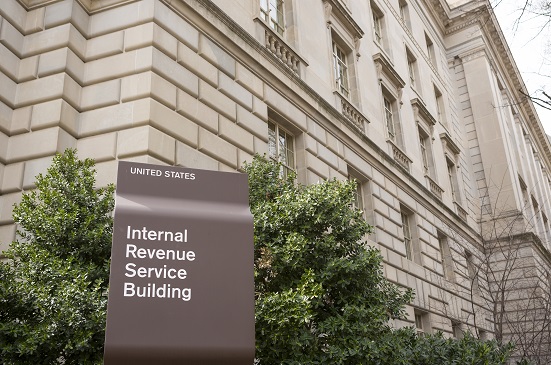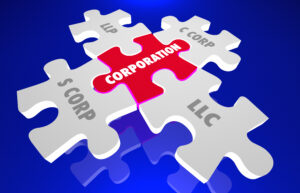IRS Hitting Estimated Tax Filers With More Penalties

The IRS plays no favorites when it comes to taxpayers missing payments or not paying enough. However, those who pay their income tax via quarterly estimated payments had better pay particular attention because lately the IRS has been coming down hard on these individuals with much more frequency.
According to recent IRS data, the number of penalties issued by the agency has jumped 33 percent between 2007 and 2016, from nearly 7.5 million to almost 10 million. These taxpayers, who often work as freelancers and business owners, get penalized because they don’t withhold enough money from their income to pay the necessary taxes.
According to the IRS, the data would appear to indicate that these individuals are either making mistakes in their calculations or they simply aren’t aware they need to pay these taxes. As for the cause of the increase in the number of penalties, the Doesn’t really have the answer.
However, the agency believes the increase in the number of taxpayers that now work for themselves, either as business owners or as freelancers, is one factor that is likely playing a role in the rising number of penalties.
The IRS suggests anyone who is responsible to make quarterly estimated tax payments fill out the agency’s annualized income installment method worksheet in order to calculate his or her taxes correctly and avoid the penalty.
How to Bring in a New Partner
How to Bring in a New Partner By Matt Dickstein, Business Attorney In this article, I will give you a quick overview of how do you buy into a company to bring in a new shareholder or partner to help with your business. If you are on the other side of the table as…
The Pros & Cons of S-Corporation Status
The Pros & Cons of S-Corporation Status If the number of shareholders in your corporation is small, you may think that becoming an S-Corporation is the right move, but you should weigh the advantages and disadvantages first. Advantages of S-Corporation Status One of the main advantages of S-Corporation status is that it avoids the double…
What is Sole Proprietorship?
What is Sole Proprietorship? A sole-proprietorship is a business that is owned by one person or by a husband and wife. Unless the business is formed as a corporation or a limited liability company, it will be a sole-proprietorship by default. One of the biggest advantages of operating a business as a sole-proprietorship is that…
Conducting Your Business as a Corporation
Conducting Your Business as a Corporation The limited personal liability of a corporation isn’t ironclad. In the event the business ends up owing more money to a creditor than it has the ability to pay, the creditor will then look to the business owner. Under a legal theory known as “piercing the corporate veil,” if…



